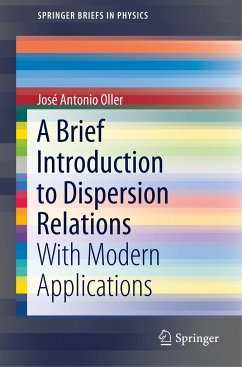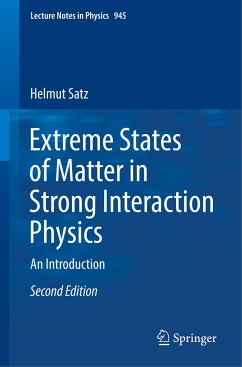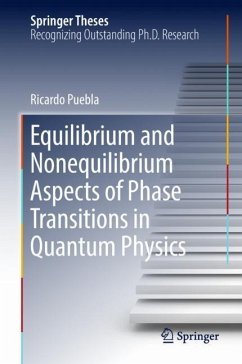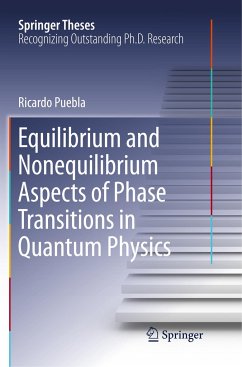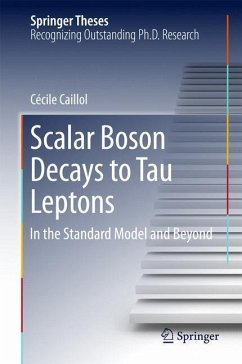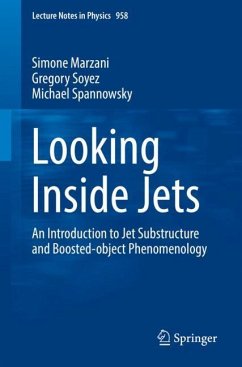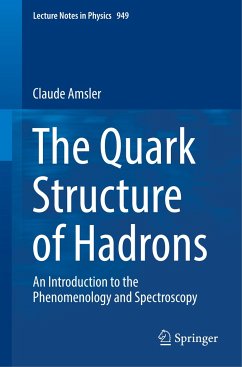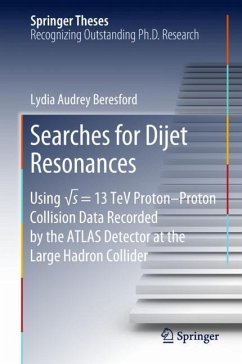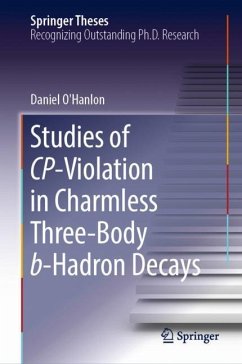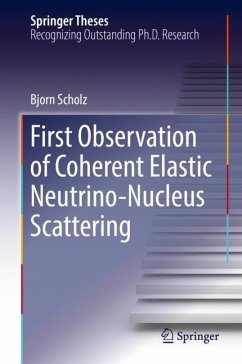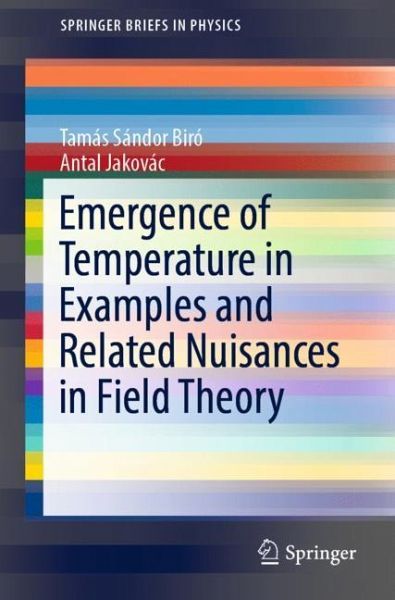
Emergence of Temperature in Examples and Related Nuisances in Field Theory

PAYBACK Punkte
19 °P sammeln!
Field theory, relying on the concept of continuous space and time while confronted with the quantum physical nature of observable quantities, still has some fundamental challenges to face. One such challenge is to understand the emergence of complexity in the behavior of interacting elementary fields, including among other things nontrivial phase structures of elementary matter at high energy density or an atypical emergence of statistical properties, e.g., when an apparent temperature is proportional to a constant acceleration in a homogeneous gravitational field.Most modern textbooks on ther...
Field theory, relying on the concept of continuous space and time while confronted with the quantum physical nature of observable quantities, still has some fundamental challenges to face. One such challenge is to understand the emergence of complexity in the behavior of interacting elementary fields, including among other things nontrivial phase structures of elementary matter at high energy density or an atypical emergence of statistical properties, e.g., when an apparent temperature is proportional to a constant acceleration in a homogeneous gravitational field.
Most modern textbooks on thermal field theory are mainly concerned with how the field theory formalism should be used if a finite temperature is given. In contrast, this short primer explores how the phenomenon of temperature emerges physically for elementary fields - inquiring about the underlying kinetic field theory and the way energy fluctuations and other noise should be handled - and it investigates whether and how this harmonizes with traditional field theory concepts like spectral evolution, the Keldysh formalism, and phase transitions.
Most modern textbooks on thermal field theory are mainly concerned with how the field theory formalism should be used if a finite temperature is given. In contrast, this short primer explores how the phenomenon of temperature emerges physically for elementary fields - inquiring about the underlying kinetic field theory and the way energy fluctuations and other noise should be handled - and it investigates whether and how this harmonizes with traditional field theory concepts like spectral evolution, the Keldysh formalism, and phase transitions.





